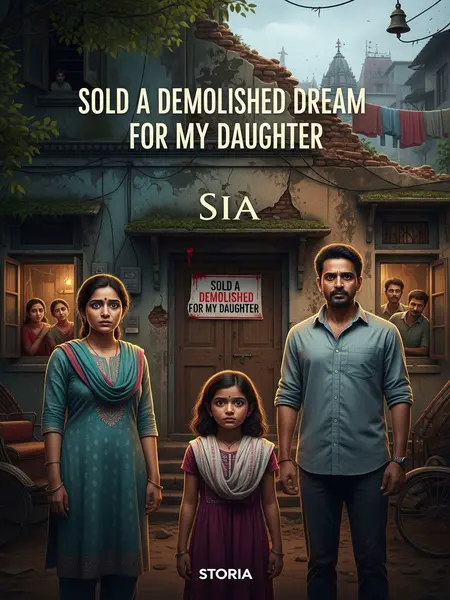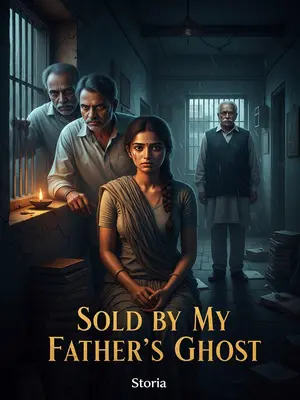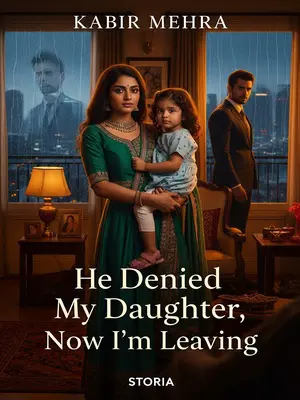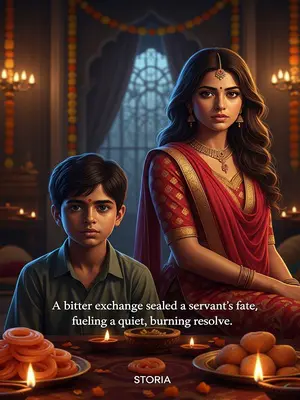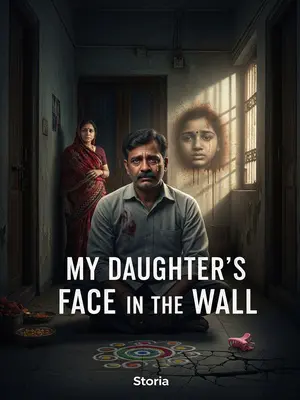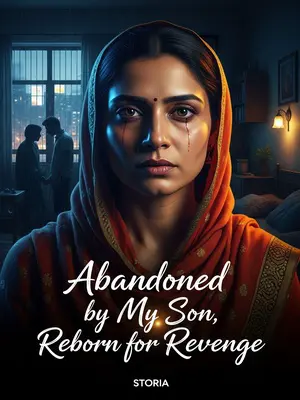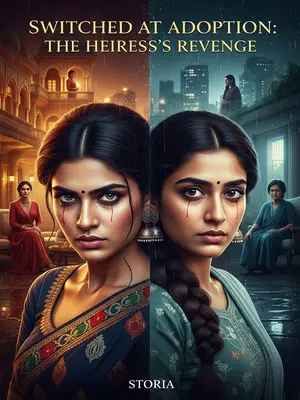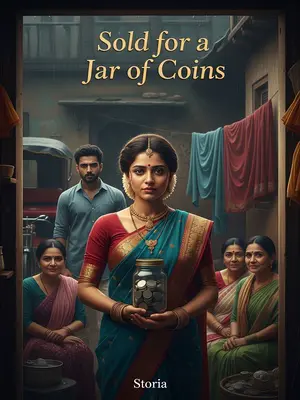Chapter 2: Village Blessings and City Dreams
After dinner, my cousin and I tore around the courtyard, our laughter swirling with the night air thick with jasmine and cow dung. The tube light above the door buzzed and flickered, stretching our shadows as we chased each other barefoot over cracked stone. Somewhere, a scratchy Lata Mangeshkar song floated from the radio, blending with the distant clang of temple bells. Nothing mattered except who would catch whom first.
"Sia, idhar aa—wipe your sweat! Dekh, you look like a kitten who rolled in mud!" Mum called, smiling as she scooped me up and dabbed my face with her dupatta. The cloth smelled of haldi and coconut oil. I giggled, squirming in her arms, leaving smudges on her sleeve. “Arrey, kya kahenge log agar aisi gandi ghoomegi?” she teased, pinching my nose. The cool evening breeze fluttered her pallu, tickling my cheek.
Aunty Rekha bustled by, her glass bangles clinking and her laugh booming. She waved her shopping bag and winked at me, her sari trailing the scent of hing. “Arrey Shalini, ek beta toh hona hi chahiye, na? Sia ko chhota bhai mil jaata toh mazaa aa jaata!” she called, making Mum roll her eyes and my cousin snicker.
The words landed with a thud, familiar as the tabla’s slow beat. Even the stray cat paused, sensing the shift. Mum’s smile faltered, but she kept her voice polite and steady, “Rekha Aunty, hum log Sia ke saath hi khush hain. Aap fikar mat kijiye.” Her tone was gentle, but I could feel the quiet strength in it—the same steel she used with pushy salesmen and nosy relatives.
I burst into laughter as Mum tickled me, while Aunty Rekha shook her head and marched away, anklets jingling and muttering about modern daughters. I stuck my tongue out at her back, making my cousin giggle until we collapsed in a heap.
Dadi swept out onto the veranda, brushing flour from her sari. “Don’t listen to Rekha’s bakwaas. Sia is Lakshmi for this family.” She adjusted her glasses, giving Mum a knowing look, then pulled me close in a quick, warm hug.
Mum smiled, “Ma, we’re going to the city tomorrow to look at houses. Do saal se paisa jod rahe hain. Sia ke school ke liye, better to move soon.” There was hope in her voice, and I could feel her dreams stretching beyond our little village.
Dadi patted my head, her palm cool and comforting. “Jo faisla liya hai, wohi sahi. Mere paas bhi thoda paisa hai, zarurat ho toh kehna.” Her words were a soft blessing, and in her eyes, I saw a silent prayer for our journey.
But Dad would never take Dadi’s money—fairness was everything in our family. Her savings sat hidden in a steel trunk, wrapped in old sarees. Still, we all knew she’d give it all for her children if they asked. That was love in our home: quiet, sturdy, and shared.
In our village, sons were prized, and gossip flowed quicker than the milkman’s morning round. Dadi herself once longed for a grandson, her hopes knotted up in old stories. When I was born, she didn’t smile for a week. Neighbours dropped in with “Koi baat nahi, agle baar beta hoga” and left boxes of ladoos, but Mum stood firm, refusing to let shadows fall on my chubby cheeks. She’d tell me, “That first day, you smiled in your sleep and changed everything.”
I was a smiley baby, round as a modak. Dadi and Chacha ji couldn’t resist my grins, and soon the house was full of laughter. They called me ‘Gudiya’ and ‘Laddoo,’ and by six months, even the sternest aunties melted. My chatter filled the house, my hands waving as if commanding the world to listen. Dadi would boast, “Meri poti poore gaon ki jaan hai.”
But what truly changed my place was fate’s hand. On a sweltering afternoon, when I was one, my parents left Dadi to look after me. Mum had paperwork at the Panchayat, Dad was off to the city. Dadi tied her pallu tight, set me with toys, and hummed a bhajan while sweeping the courtyard, the scent of roasted peanuts in the air.
After lunch, Dadi worked outside, peeking in every few minutes. The sun striped the floor gold as I played among rattles. Suddenly, I wailed—a sharp, urgent cry. Dadi dropped her basket, heart pounding, and rushed to scoop me up. She tried everything—lullabies, cool water, my favourite rattle—but my cries only grew. Neighbours peered in, whispering about nazar and bad luck. Dadi circled chillies and salt, praying under her breath, but nothing worked.
Not daring to wait, Dadi wrapped me in her sari and hurried to the village clinic. The old doctor peered through thick glasses, found nothing wrong, and handed her gripe water. Dadi was unconvinced, clutching me tighter as she walked home, heart heavy.
Halfway back, a sharp smell and thick black smoke rose from our lane. “Aag! Aag lag gayi!” Dadi screamed, lifting her sari and running. Buckets clanged, shouts echoed, and the temple bell rang so hard it sounded like it might crack. The air outside tasted of smoke and sweat, and chaos reigned as villagers raced to save what they could.
Our house and several others were engulfed in flames. Women tossed water, men formed chains, children coughed in the thick air. The fire was fierce, but everyone pitched in, united by fear and hope. My parents returned, faces streaked with worry, and only breathed when they saw us safe. Mum clutched me, sobbing with relief. The fire burned until evening, leaving houses blackened and hearts shaken.
Some families were badly hurt, but we escaped unharmed. Dad counted our blessings, Mum offered extra prasad, and Dadi swept the steps each morning, trying to brush away any leftover shadow. The village began to see us as marked by luck.
Dadi hugged me tight, her hands trembling. “Meri Sia, meri jaan,” she whispered, rocking me and tying a black thread around my wrist for protection. “Thanks to Sia, our Sia is a lucky baby—Dadi’s precious little blessing.” From that day, they called me Lakshmi. Dadi’s faith was unshakeable, and I felt my place in the family shift, luck woven around my wrist and heart.
